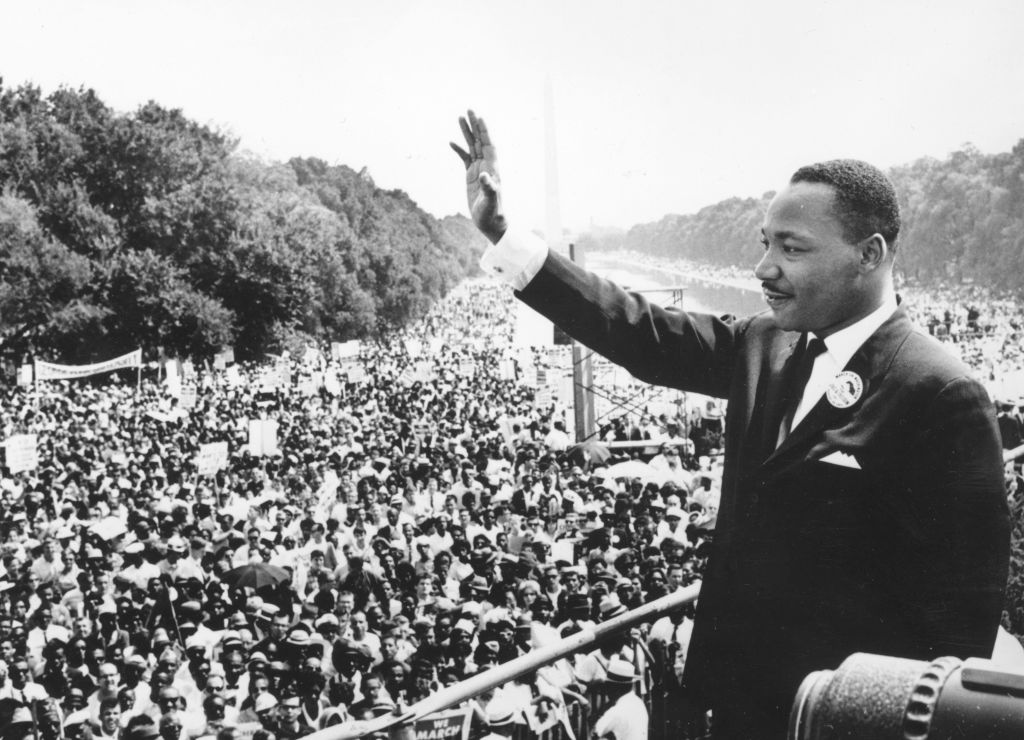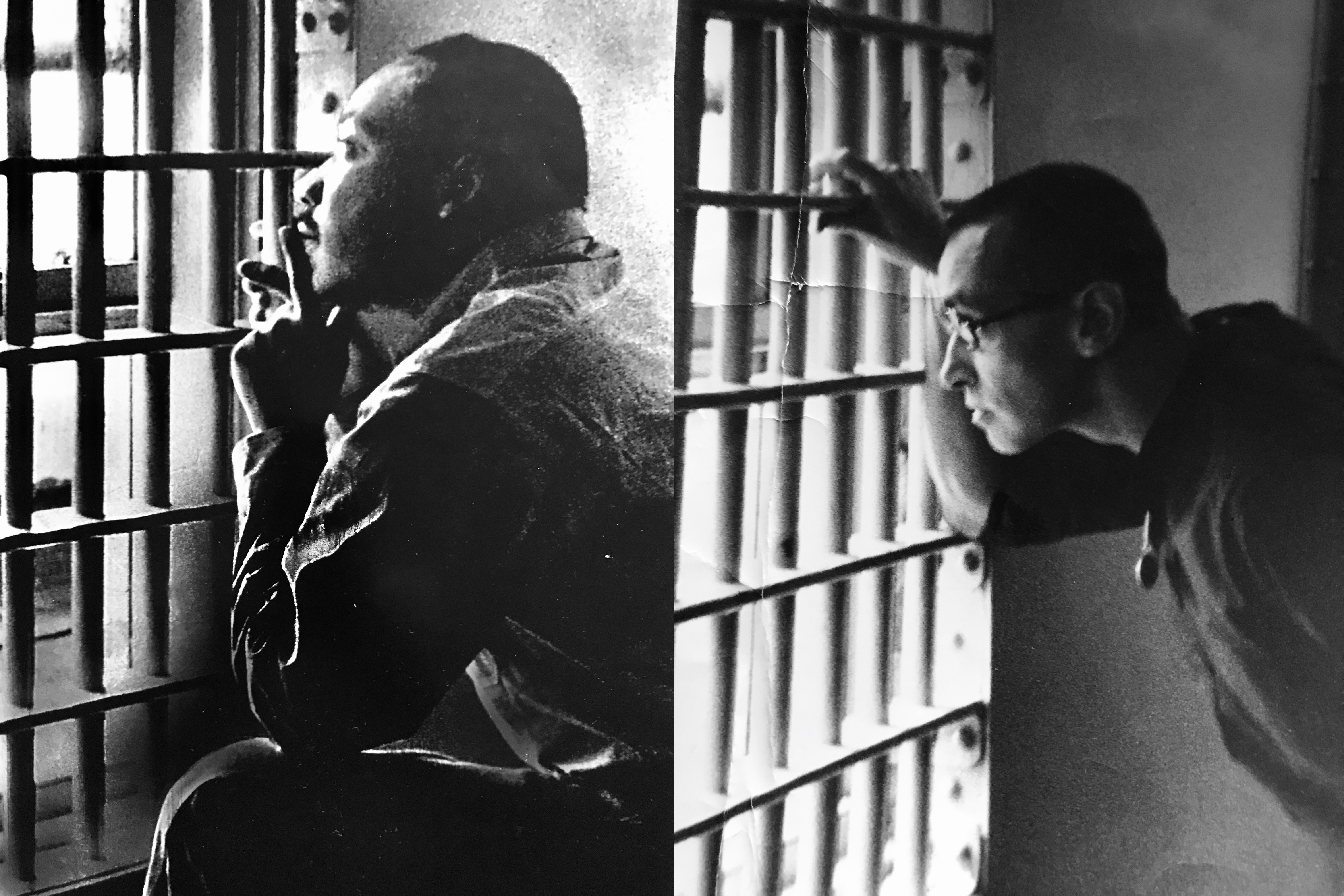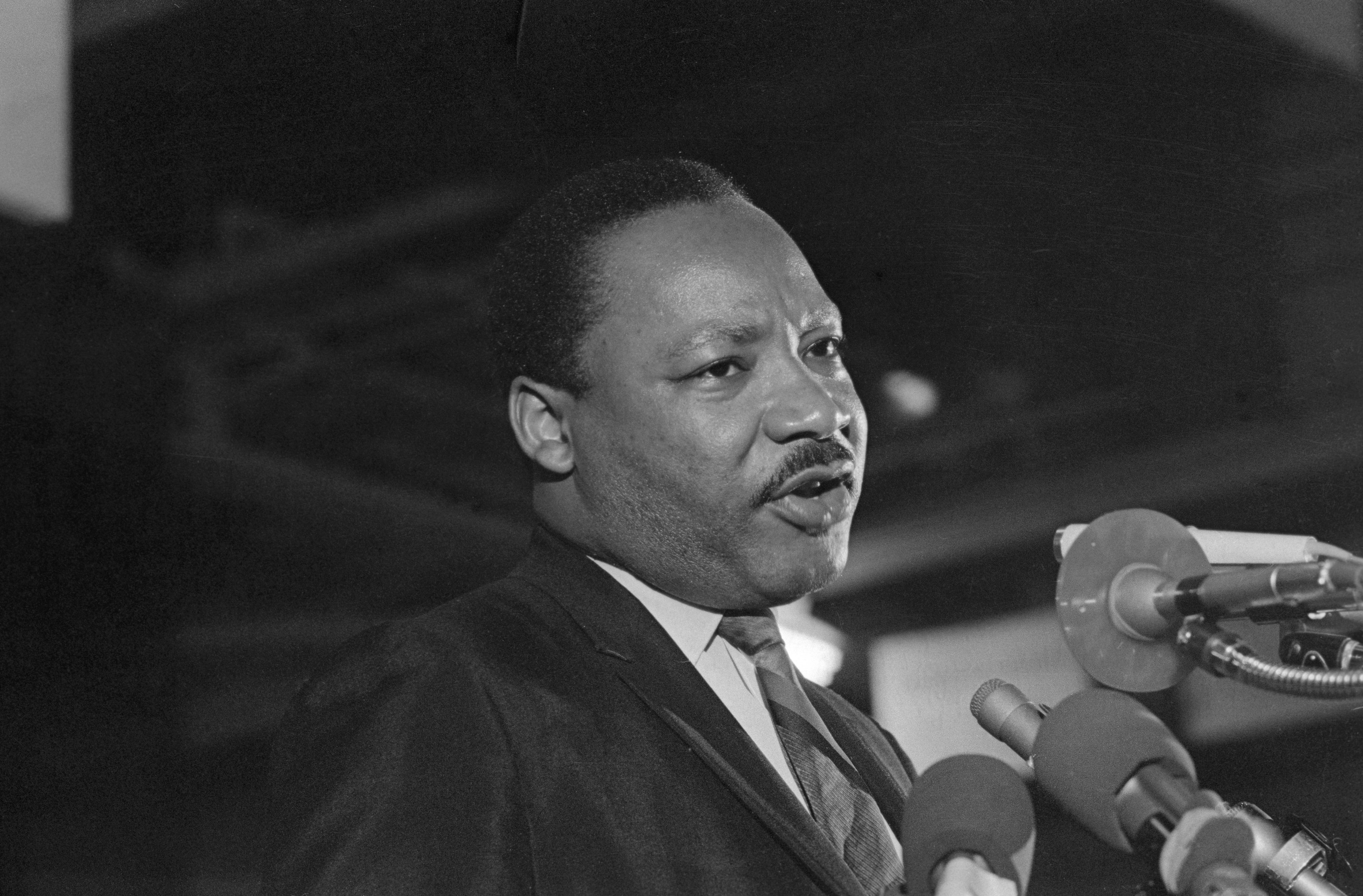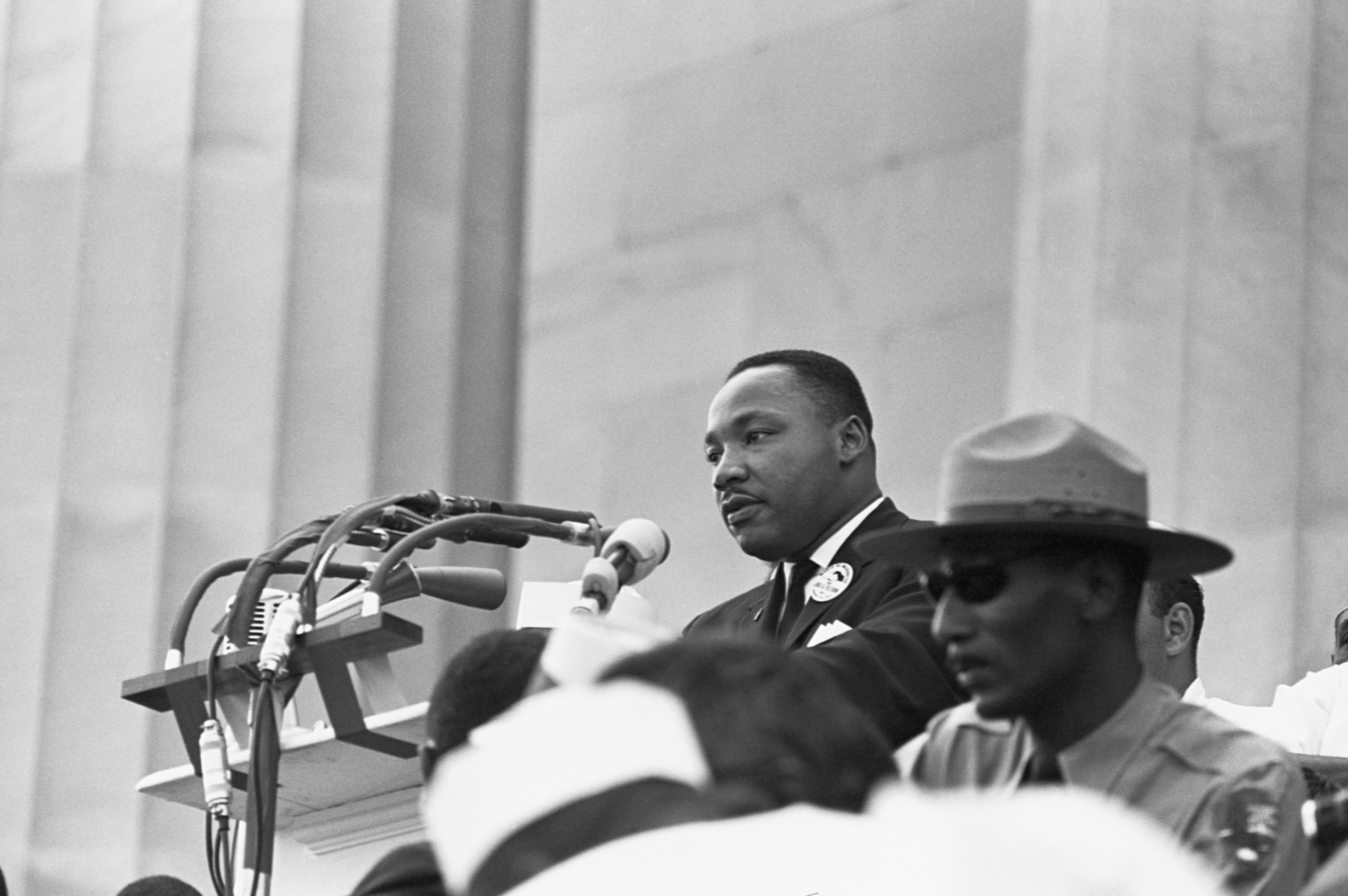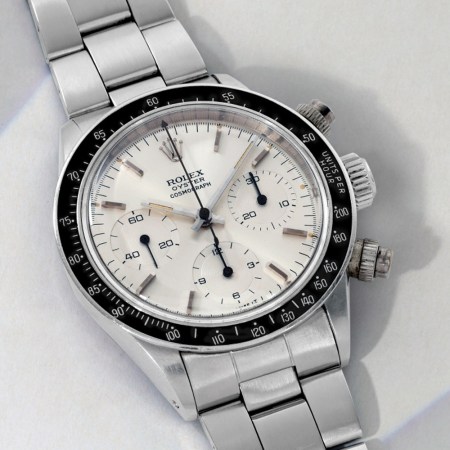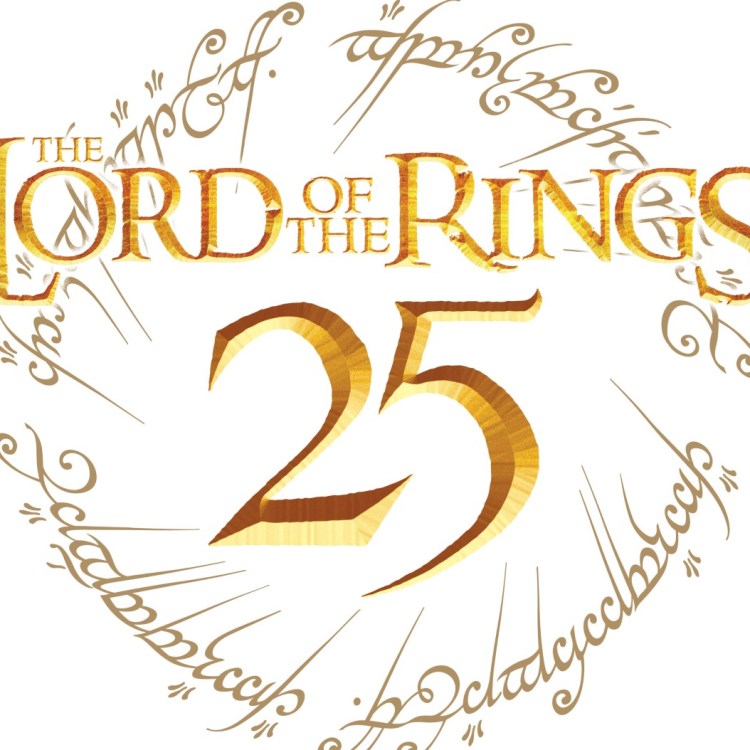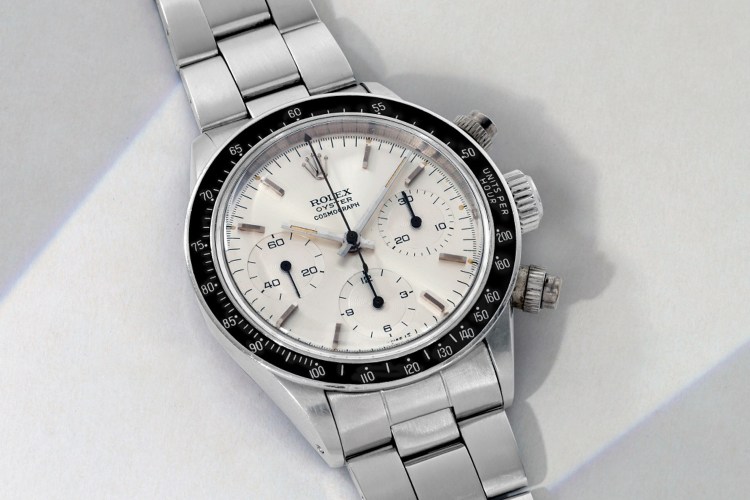The FBI’s surveillance of Martin Luther King Jr. was and remains a shameful moment in American history. And even now, decades after it took place, it remains a source of much discussion, and the questions raised by it are deeply relevant to contemporary life. Has the FBI — and the nation as a whole — learned anything from the surveillance of Dr. King? And are there any contemporary parallels to their actions?
A new article in The Atlantic by Helen Giorgis explores these questions in the context of filmmaker Sam Pollard’s documentary MLK/FBI. Pollard’s film ventures into the surveillance of King as well as other Black activists working in the 1960s. Giorgis writes that MLK/FBI “traces exactly how the surveillance of King started, how it was conducted, and the effects it had on his life.”
Pollard spoke about wanting to make a film that would resonate with viewers who both were and were not familiar with the history covered in it. “I think one of the important things about this film is that it’s an opportunity not just for those of us who know this history, but for those who don’t, to come to grips with the complexity of American history,” he told The Atlantic.
It’s also a narrative that’s still deeply relevant to viewers in 2021. “These aren’t just procedural overreaches,” Giorgis writes. “Pollard’s film makes clear that the FBI’s surveillance of King — and, by extension, of other Black activists throughout U.S. history — reflects a paranoia that’s foundational to American politics and that didn’t end when King died.” This documentary’s exploration of old questions comes at a critical time.
Subscribe here for our free daily newsletter.
Thanks for reading InsideHook. Sign up for our daily newsletter and be in the know.
